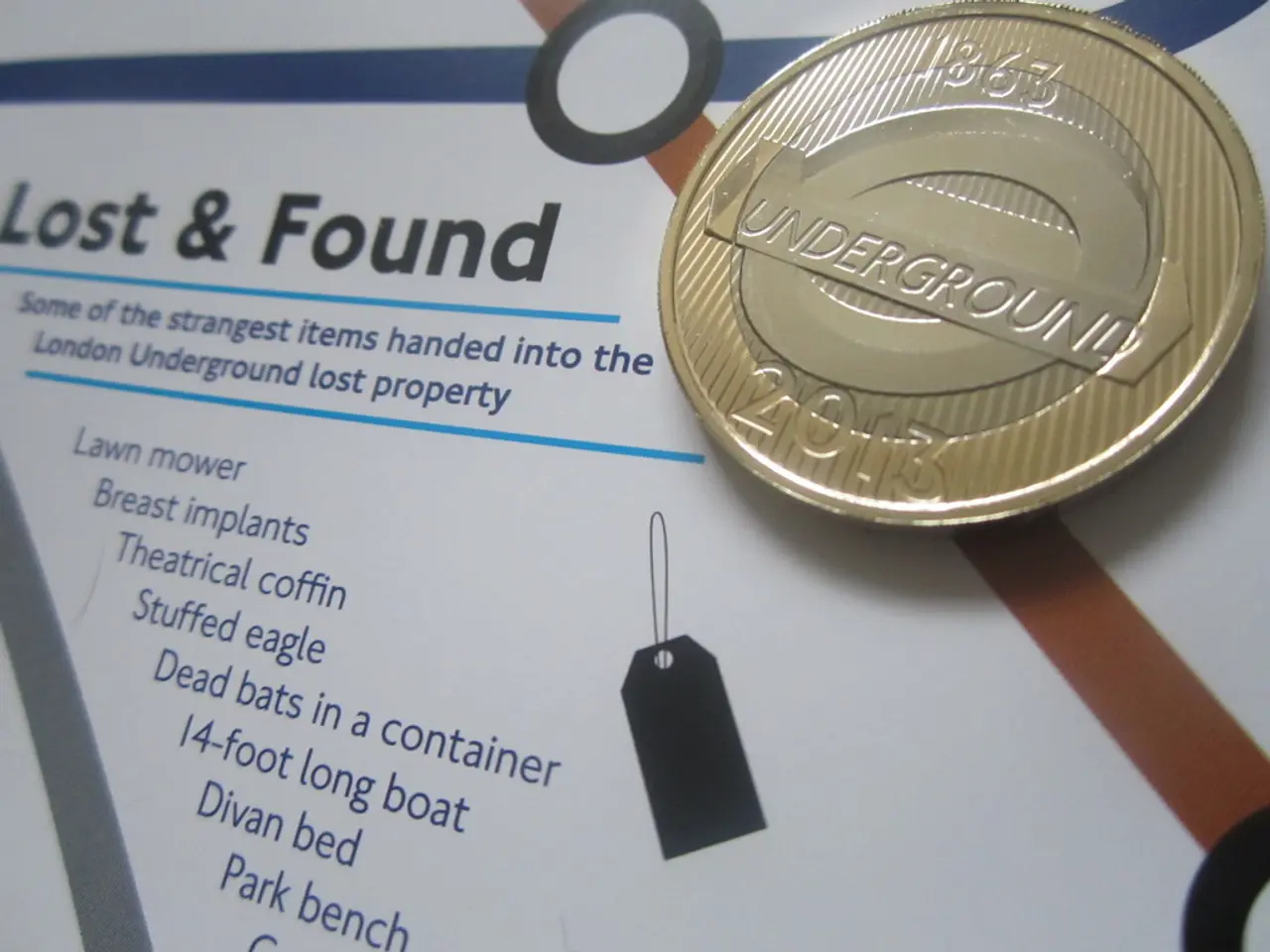Croatia Prepares for Euro Adoption, While Romania Fails to Satisfy European Commission's Criteria
Croatia Adopts the Euro: A Milestone in EU Integration
In a historic move, Croatia joined the Eurozone on January 1, 2023, becoming the 20th member of the single currency union. This significant step marks a crucial moment in the country's journey towards full integration with the European Union (EU).
The European Commission, the executive arm of the EU, has been monitoring the progress of member states towards adopting the euro. In their latest report, they concluded that Croatia had met all the necessary conditions for joining the Eurozone. The Commission's President, Ursula von der Leyen, congratulated Croatia on its progress, hailing it as a "crucial and historic step."
However, not all EU countries are at the same stage of euro adoption. While all member states, except Denmark, have legally committed to joining the Eurozone, the process is not uniform. Each country calibrates its plan for euro accession according to its economic and political circumstances.
Bulgaria on Track for Euro Adoption
Among the countries preparing to adopt the euro, Bulgaria is making significant strides. The country is currently participating in the Exchange Rate Mechanism II (ERM II), a prerequisite for euro adoption. Bulgaria's accession to the euro is pending the final approval of legislative acts, which were adopted in July 2025. If all goes as planned, Bulgaria is targeting January 1, 2026, for its euro adoption.
On the other hand, countries like the Czech Republic, Hungary, Poland, Romania, and Sweden are yet to participate in ERM II. These countries have chosen to delay joining ERM II, effectively postponing their compliance with the euro adoption criteria. There are no fixed timelines for these countries to adopt the euro, as they control when they start ERM II participation, and each faces different economic and political considerations.
Controversies and Challenges
The road to euro adoption is not without its challenges. Croatia faced a plagiarism issue during the design process of its one euro coin, necessitating a redesign competition. Additionally, the economic impacts of the COVID-19 pandemic and the invasion of Ukraine by Russia have affected the assessment of convergence, particularly the criterion of price stability.
Despite these challenges, the benefits of euro adoption are undeniable. Boris Vujčić, governor of the Croatian National Bank, expressed pride in Croatia's success and anticipation for the benefits it will bring. Inflation in the Eurozone is expected to reach 6.1% in 2022 and fall to 2.7% in 2023, according to the spring 2022 economic forecasts.
In conclusion, while Croatia has made history as the latest country to join the Eurozone, other EU countries are at various stages of the euro adoption process. Bulgaria is actively preparing for its euro adoption, targeting January 1, 2026, while countries like the Czech Republic, Hungary, Poland, Romania, and Sweden are yet to set firm dates for their euro adoption. The European Commission's convergence report serves as the basis for the EU Council to decide whether a member state meets the criteria to join the eurozone.
[1] European Commission, "Country-specific recommendations 2022: ensuring a strong recovery and resilience for Europe," 2022, https://ec.europa.eu/info/publications/country-specific-recommendations-2022-ensuring-strong-recovery-and-resilience-europe_en [2] European Commission, "Bulgaria: Convergence report 2021," 2021, https://ec.europa.eu/info/publications/bulgaria-convergence-report-2021_en
- The transition of Croatia into the Eurozone signifies a significant shift in the country's finance and business sectors, as well as its broader personal-finance landscape.
- As Croatia converges with EU finance norms, other countries like Bulgaria are also keen on investment opportunities in industries like wealth-management, as they prepare for their own euro adoption.
- The euro adoption process, however, is not just about economics, but also encompasses aspects of politics and general-news, as each nation balances its strategic decisions with the demands of EU integration.
- The CNB governor's anticipation for the benefits of euro adoption is shared by investors, who see potential growth opportunities in industries such as personal-finance and business in the Eurozone, especially in light of optimistic economic forecasts.
- The process of euro adoption, though, is not without its complexities, as crime-and-justice issues, such as the plagiarism controversy that arose during Croatia's one euro coin design, underscore the need for strict adherence to standards and ethical practices in industries like finance and business.




